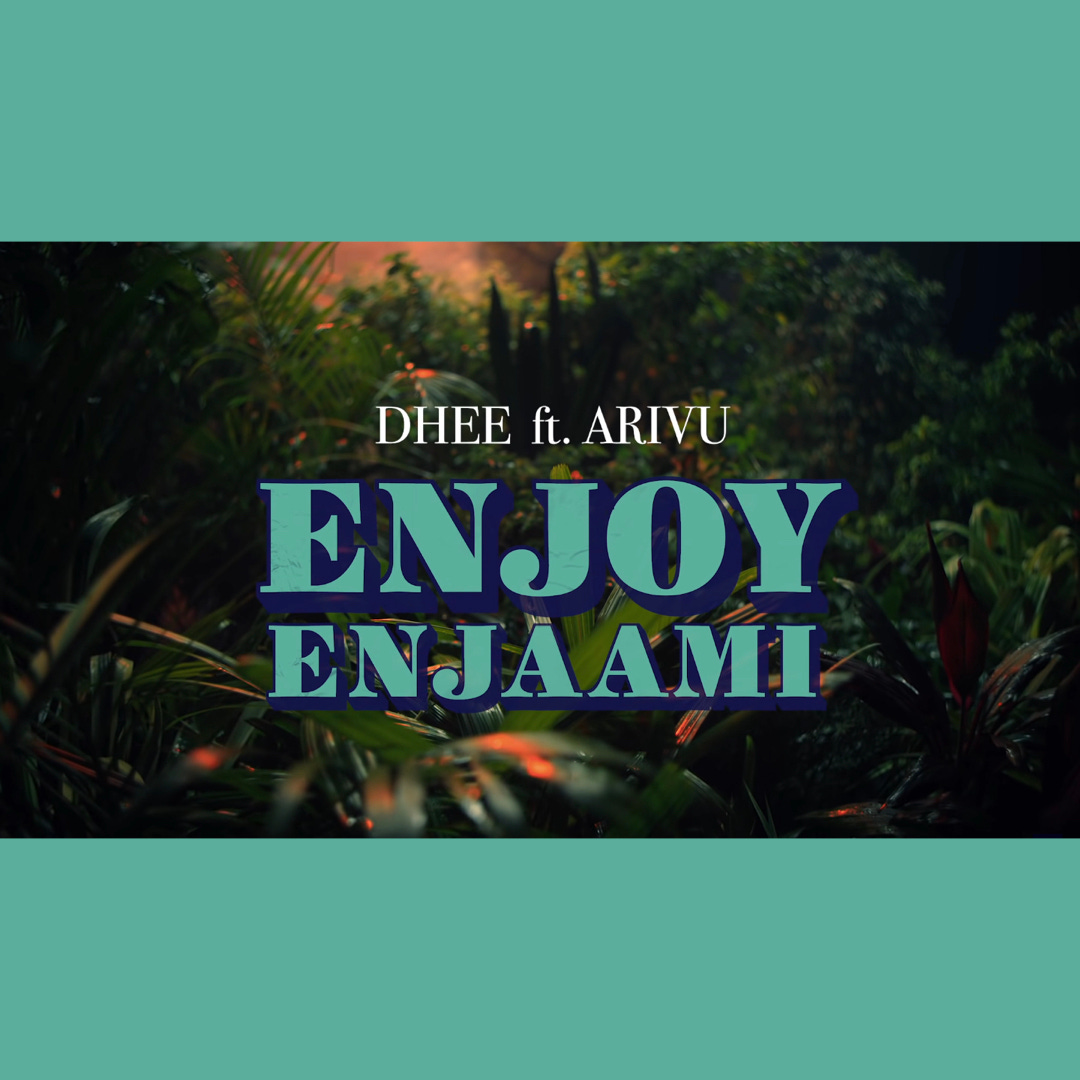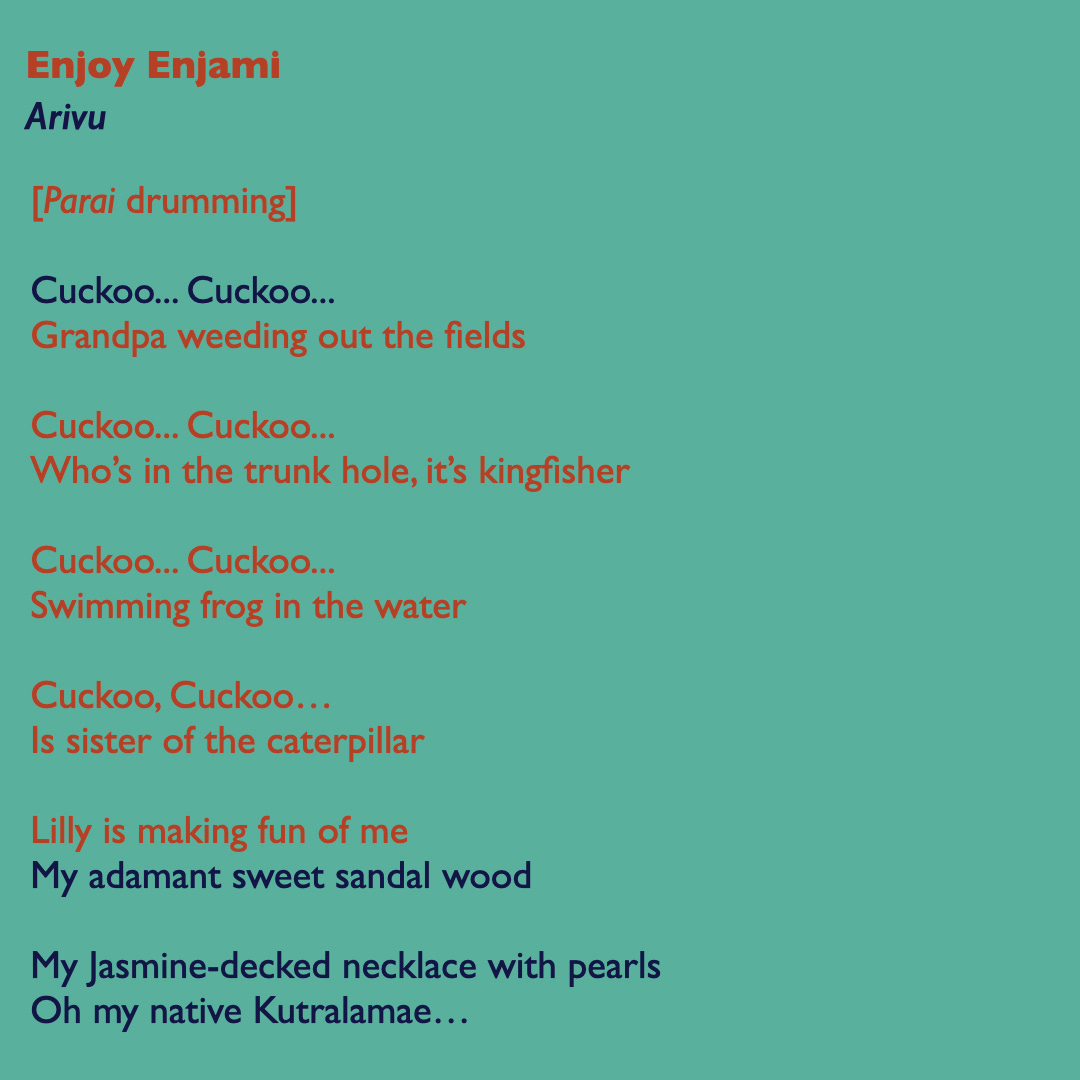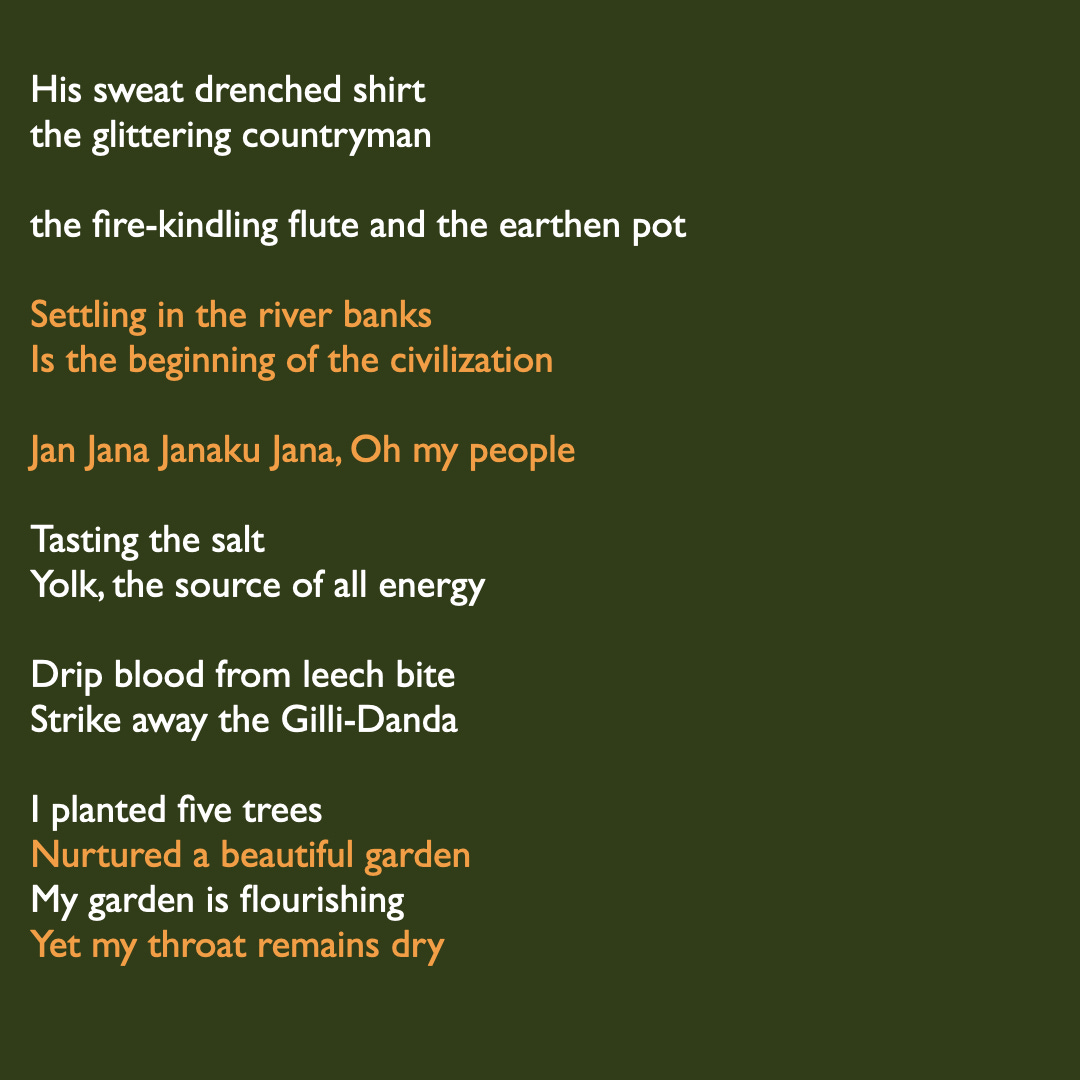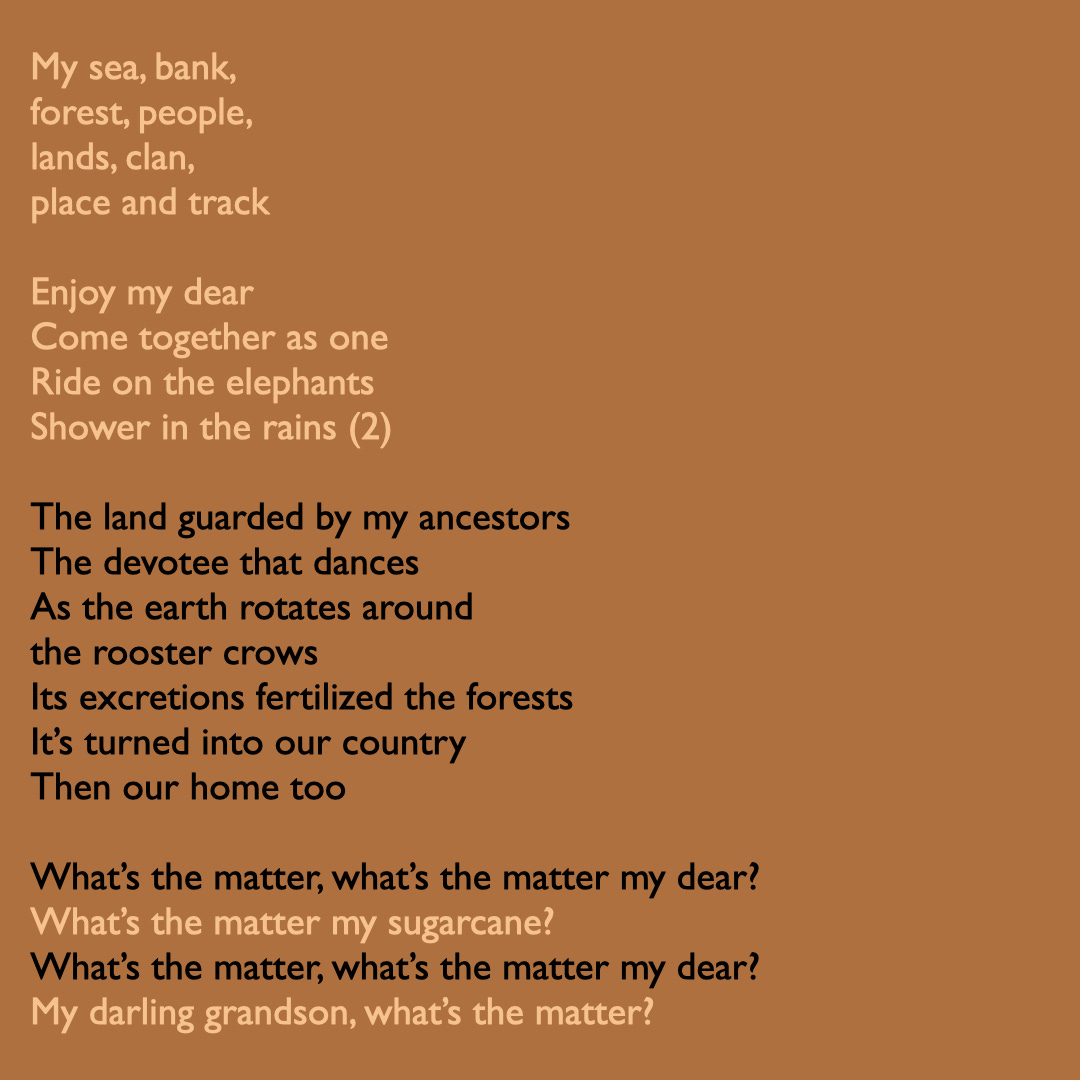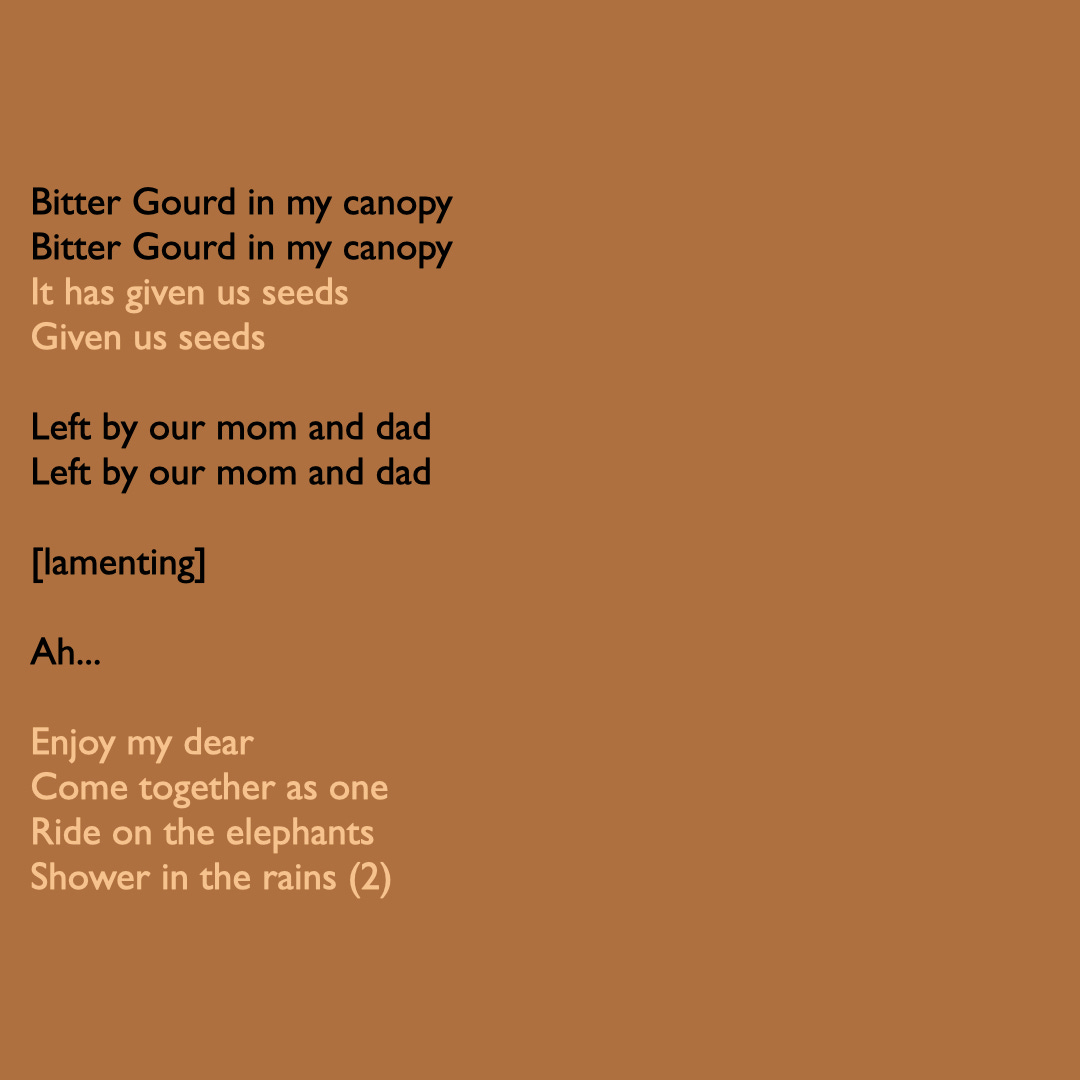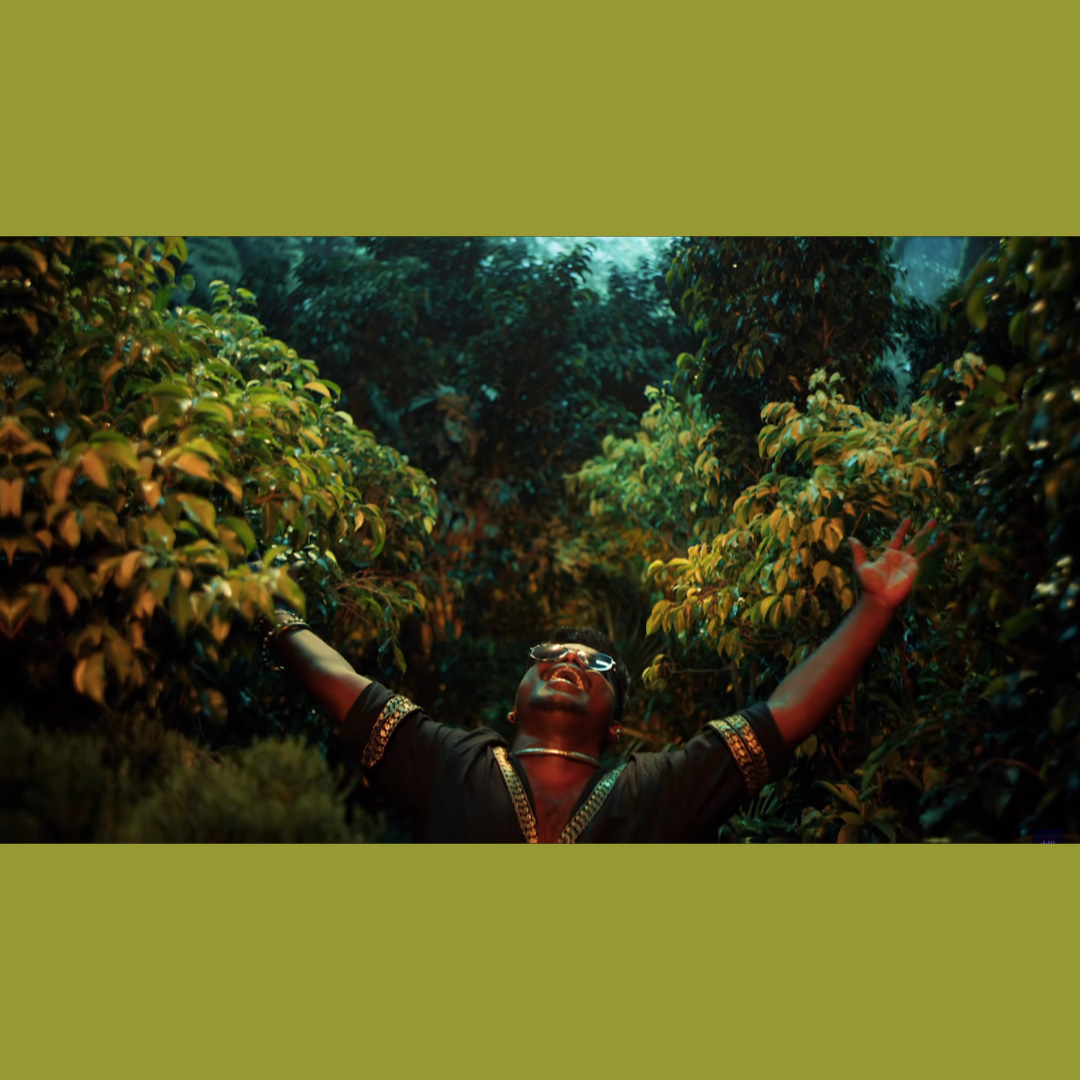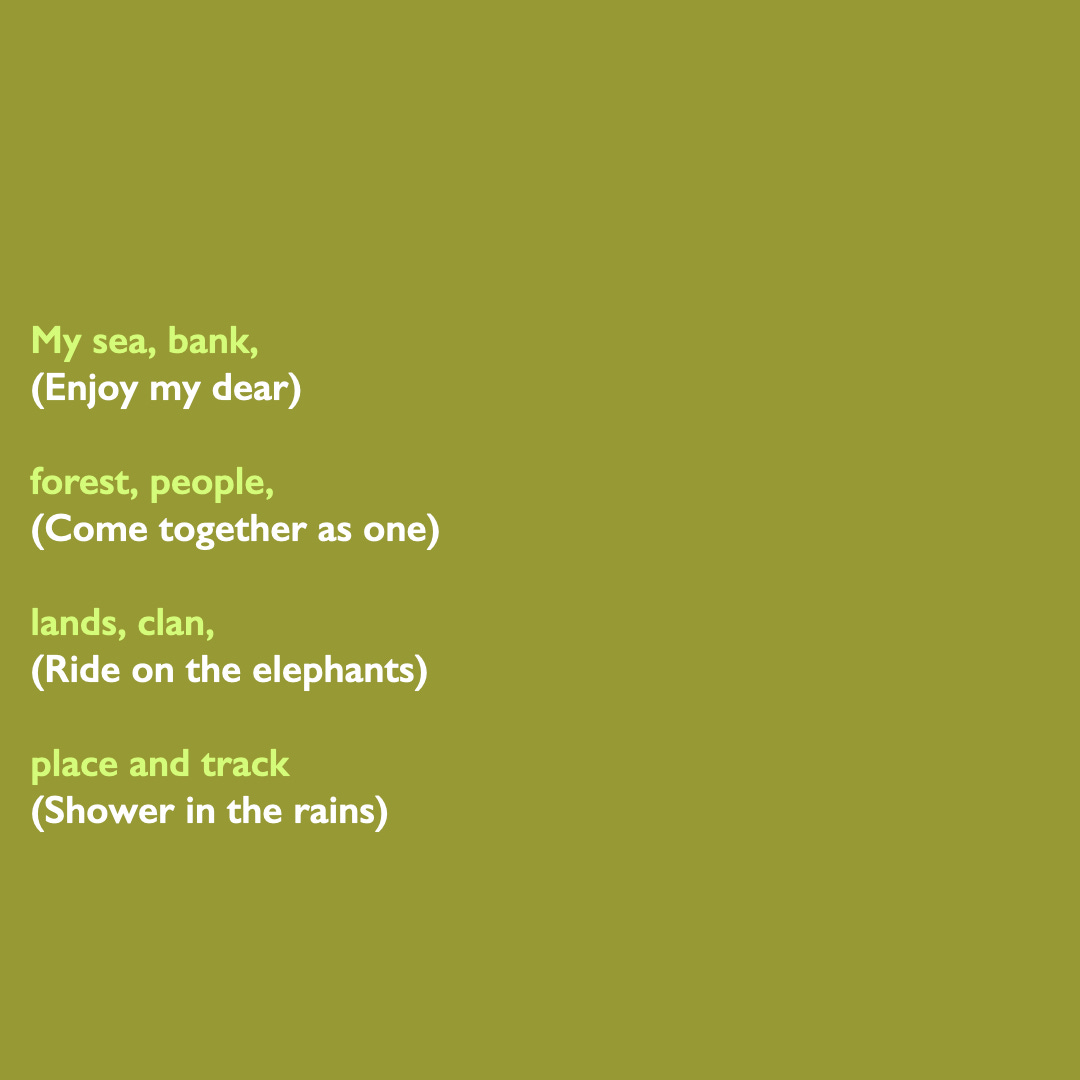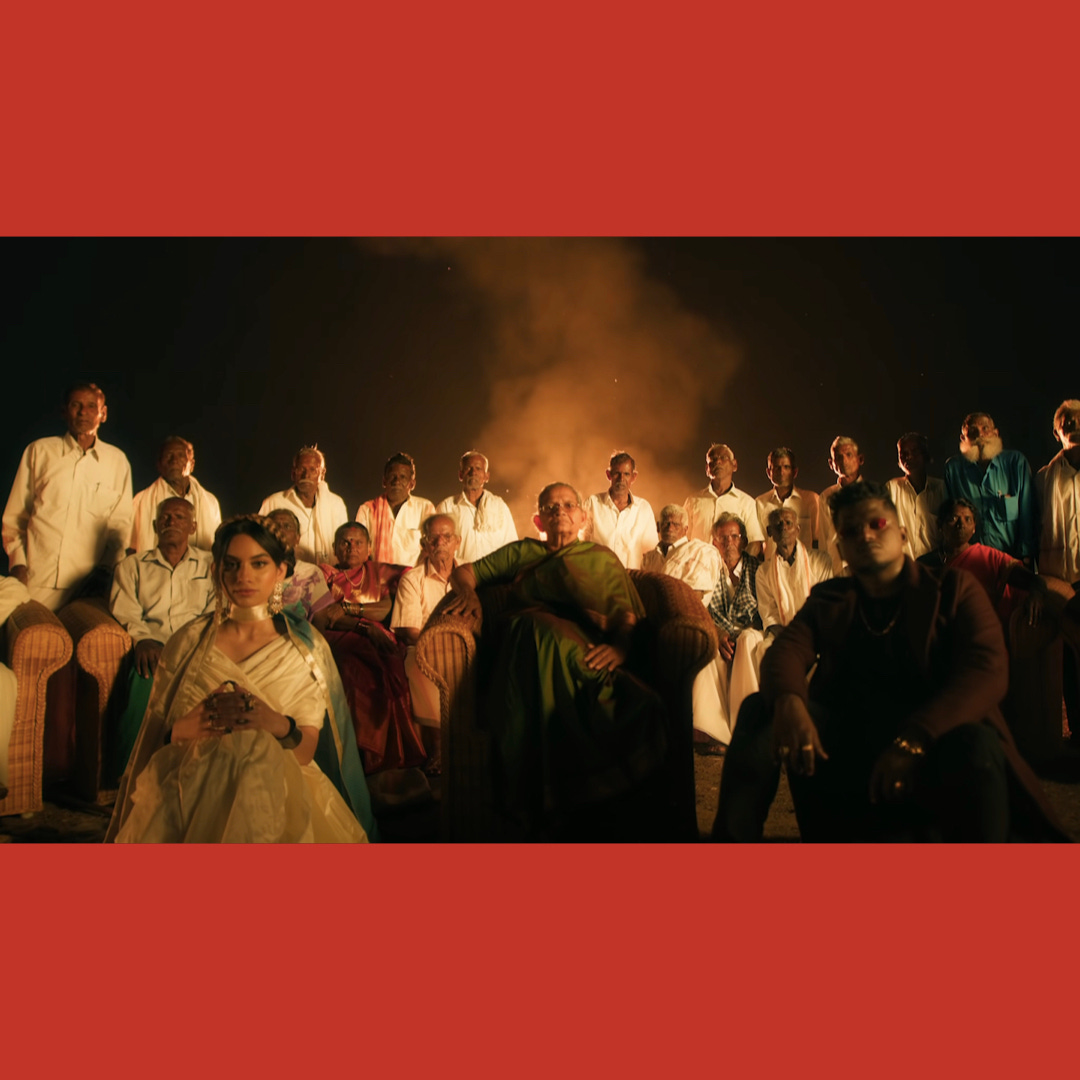My sea, bank,
forest, people,
lands, clan,
place and trackEnjoy my dear
Come together as one
Ride on the elephants
Shower in the rains
This colourful refrain has broken the internet over the last few weeks. After the fierce critique of bigoted nationalism in Arivu’s “Anti-Indian”, Poetly celebrates Ambedkar Jayanti with Enjoy Enjaami. The song embraces the writer’s origins, a journey back to the soil and the fields. It urges us to rise above our individual differences and “come together as one”.
Enjoy Enjaami isn’t a song of resentment, says musician Arivu. It is a song of compassion. It is drawn from stories told by a grandmother to her grandson, reminding him to enjoy the bounties of nature and pay homage to their ancestors.
“It’s why ‘Enjoy’ is in the title. It means to be festive and celebrate one’s roots,” Arivu says. “Enjaami” is an endearment, a word my grandmother would fondly use to address me. It’s from ‘en saami’, literally, ‘my lord’. It’s also a term landless labourers would use to refer to their masters.”
- Meet Arivu and Dhee…
The song emerged out of Arivu’s journey back to his ancestral place in Sri Lanka. The story of his maternal family line is woven into the rap, with the sandpaper roughness of a landless migrant labourer’s stifled voice.
“Our family went to Sri Lanka 200 years ago to work as landless labourers in the tea estates. They returned to India 60 years ago, after the Sirima-Shastri Pact. My grandmother couldn’t even say goodbye to her sisters. To this day, we don’t know if they are alive.”
- Arivu’s 'Enjoy Enjaami' Is a Journey in Discovering Roots...
The music video is intoxicating, shot in the vibrant hues of Arivu’s hometown in Tamil Nadu. It oozes swag, and a regional flavour that is propped up by the ease of the two performers with the camera. Capturing everyday scenes of labour and natural splendour, the political undercurrent of the song is drenched in a carnivalesque ode to a time when caste, colour, race, identity, religion and nation etc. had not yet become tools of division and control - The lakes and ponds belongs/ To the dogs, foxes and cats too.
Arivu’s words are shot through with Ambedkar’s plea for human dignity, and a natural assertion that ties a person to their land -
The land guarded by my ancestors
The devotee that dances
As the earth rotates around
the rooster crows
Its excretions fertilized the forests
It’s turned into our country
Then our home too
There is an energy, a fervent presence that is at the core of all his music. Whether it is a question of land rights and private property, selective outrage of Savarna liberals, anti-state sentiments, or his contribution to the anti-CAA movement, his poetry makes veiled and direct tributes to the language and ideas of one revolutionary thinker, reformer and activist - Babasaheb Ambedkar. This groundswell of political poetry fuses its existence and the present moment with Ambedkar’s words, his struggles and experiences that paved the way for a new dawn of assertion, and the battle for a life of dignity. All of his songs, even the mainstream film songs, make allusions to the movement and this ideology that frees. In four potent lines in Enjoy Enjaami, as Arivu dances madly against the green backdrop of his village, and croons in a voice that echoes the traditional forms of gaana and oppari, the entire machine of casteist exploitation is laid bare:
I planted five trees
Nurtured a beautiful garden
My garden is flourishing
Yet my throat remains dry
On this Bhim Jayanti, watch the video once again, and read Arivu’s powerful words (originally in Tamil, but taken from the English translation in the subtitles).



